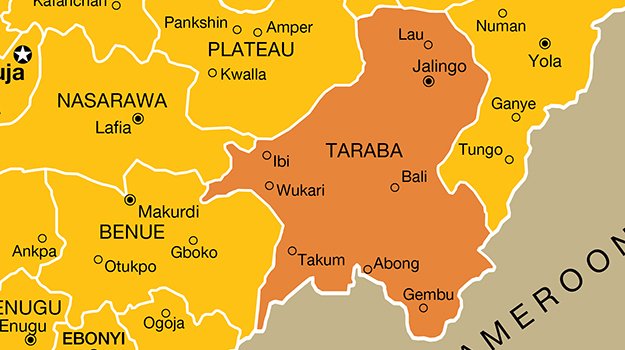Korede Abdullah in Lagos
Nigeria’s food inflation rate has surged to 39.93% in November, up from 39.16% in October, driven by increases in prices of staple foods like yam, rice, and maize grains, according to the latest report released yesterday by the National Bureau of Statistics (NBS).
The country’s headline inflation rate also rose to 34.6% in November, a 0.72 percentage point increase from October.
On food inflation, NBS said: “The food inflation rate in November 2024 was 39.93 percent on a year-on-year basis, 7.08 percent points higher than the rate recorded in November 2023 (32.84 percent).
“The rise in Food inflation on a year-on-year basis was caused by increases in prices of the following items; yam, water yam, coco yam, etc (potatoes, yam & other tubers class), guinea corn, maize grains, rice, etc (bread and cereals class), beer, pinto (tobacco class), and palm oil, vegetable oil, etc (oil and fats class).
“On a month-on-month basis, the food inflation rate in November 2024 was 2.98 percent which shows 0.05 percentage points increase compared to the rate recorded in October 2024 (2.94 percent).”
Economic experts point to structural constraints on food production in the north, festive season demand pressures, and increased transportation activities as main drivers of the current inflationary pressure.
Dr. Ahmed Yusuf, an economic expert who spoke with Africa Health Report (AHR) in an exclusive interview, attributes the surge in food inflation to insecurity in the north, which has disrupted agricultural production, and the removal of fuel subsidies, leading to increased transportation fares.
“The hike in transportation fares has significantly impacted the price of food, making it difficult for low-income households to access basic necessities,” Dr. Yusuf explained.
He emphasized that the festive season will exacerbate the issue, as demand for food increases.
Dr. Yusuf urged policymakers to implement targeted interventions, such as support for smallholder farmers and subsidies for staple crops, to mitigate the effects of food inflation and ensure a more stable food supply.
The NBS report highlights the need for urgent action to address the rising food inflation, which threatens to worsen poverty and food insecurity in Nigeria.
Nigeria’s food inflation rate has been on a steady rise, reaching 40.01% in March 2024 and 40.66% in May 2024.
The surge in food prices has raised concerns about the country’s ability to achieve food security and reduce poverty.



